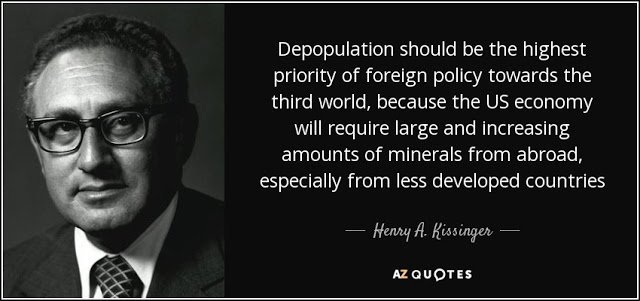Inflation, money, debt and the Grip of Death
We all know inflation is one of the key aspects of modern economics. A state will try to keep inflation under control, without it going negative.
Ok, so what is inflation? It is simple a measure of the prices of key goods.
In the UK, the government has set a target rate of inflation at 2%.
Let’s look at what can occur that can result in crazy inflation.
History delivers many lessons to us, so we will begin there.
During the reign of King Henry VIII, (The Mad King)
So, instead they minted new money but reduced the amount of silver/gold that was present in the coins. This is called debasement of a currency. This meant he now had new money to
Ok, this had waterfall effects on people and the economy. When presented with a new coin, traders would increase their prices, because the intrinsic value of the coin is now lower. But of course the face value of the
However, workers were paid the SAME salary as before in the new coins, so they suffered. They earnt the same and prices of goods were increasing.
So, was this a big deal?
Actually, yes, it was.
So the commoners struggled, while the wealthy became more wealthy. This lead to Kett’s Rebellion in 1549.
After World War 1, Germany was already in massive debt for financing its war efforts. In addition, they had to pay reparations, and they fell behind in 1923. Germany in fact ordered its workers to stop working!
The result?
Hyperinflation.
Bread would multiply in price during a single day (up to 250x), and
Workers were paid twice a day because they needed money to be able to eat basic stuff.
By the end of the year you needed 4.2 trillion Marks to buy 1 US dollar.
We saw hyperinflation in Zimbabwe in the last
Daily inflation exceeded 200%, and annualised this is 13 quadrillion percent (google how many zeros that is).
Ok, very interesting, but that relevance does this have for us today?
Nowadays, the ability to print money (creating new money via the issuance of loans) has been delegated to private companies – banks.
Fractional Reserve banking is not relevant today – banks are NOT limited by customer deposits on how many new loans they can create.
OK, so let’s talk about this private creation of debt and how it impacts us today.
If a bank wants to give a mortgage, it simply
If you deliver more money into a system, and productivity does not also go up, you will get price inflation.
So lets look at mortgage lending in the UK:
Data from the FCA indicates that total gross lending for mortgages
So in just over a decade, £2.7 trillion of new money/debt has been pumped into buying houses. And, guess what, house prices always rise, don’t they?
Funny, that.
1)The rise is quite manic until that blip in the top right corner. This is when the financial crisis occurred.
2)That tiny tiny tiny light blue line – that is the “real money” compared to Commercial bank money, which is debt/ money created out of thin air
3)The total money supply around 2010 is around £2 trillion. This is LESS than bank lending for mortgages since 2007.
Do we see a connection between debt creation and house price increase? Hmm, I wonder…
Ok, ok- we could say that as house prices are increasing,
1)Banks are creating money out of thin air as loans and mortgages
2)There is literally NOTHING to put a limit on this creation of debt as long as the banks see this as profitable
4)We, us, you and I, have to take out a ton of debt to own a home
5)We spend 25 years paying this off
6)Our life is now built around earning enough to repay this debt
Oh, did I forget to mention that the UK does NOT include house price rises in its inflation data !!!!!!!
And who is profiting from this?
The banks, by charging interest on money that simply did not exist before.
For the rest of us normal, working people, banks are certainly delivering us into this Grip of Death (literal translation of Mortgage)
/THREAD














